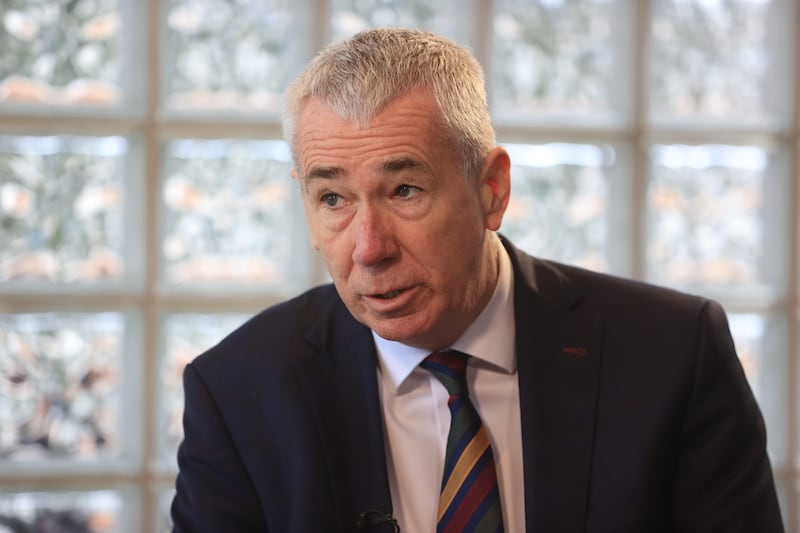The enormity of the financial crisis in the education sector has been set out in stark terms by a Westminster committee which last year heard disturbing accounts of the serious and numerous difficulties facing our schools.
A new report by the Northern Ireland Affairs Committee is just the latest to sound alarm bells about the state of our education system and the impact of inadequate funding.
In October the committee heard evidence from one head teacher who told them that he had to beg parents for resources including books, tissues and soap while toilet roll was also donated to his school.
Unfortunately, as we know from other principals who have spoken out, he is not alone in having to struggle with insufficient budgets.
It is clear from the report published this week that there is considerable concern among MPs about stagnant funding levels in Northern Ireland that are having a detrimental impact on children.
The committee concluded that schools 'urgently need more money to address the growing pressures facing staff, pupils and parents.'
A key issue is the increase in children with special educational needs and disabilities. Almost one in every four pupils has one or more special educational needs while a handful of schools teach 200 or more children with such needs.
The report called for the education budget to be increased in line with pupil numbers and to reflect the costs associated with children who need additional support.
Other recommendations looked at teachers' pay, how funding is distributed, a health and wellbeing strategy for staff and greater transparency in the allocation of funds from the DUP's confidence and supply deal.
Committee chairman Simon Hoare said: ``Without an executive or assembly, budgeting challenges have turned into a crisis.''
He says our system desperately needs more money but lasting change can only be delivered by a restored administration.
This is undoubtedly a significant report which identifies some of the urgent and worrying issues confronting teachers, parents and the education authorities.
Given the mounting problems, we cannot allow the situation to simply drift.
The committee agrees and has called on the secretary of state to bring forward legislation to address crucial areas, including reforms already agreed by Stormont.
If, as seems increasingly unlikely, there is no devolved government in place by October, then decisions that have broad support need to be taken in the interests of our children.







